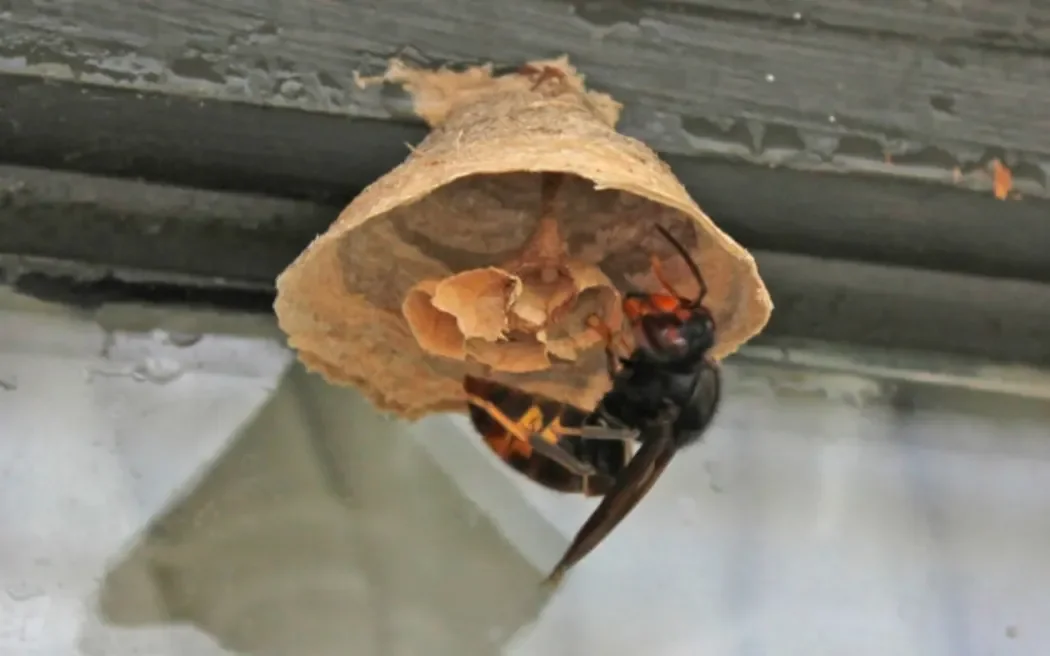Experts Warn of Growing Threat as More Invasive Hornets Found
A yellow-legged hornet. Photo: Biosecurity NZ
A fourth yellow-legged hornet queen has been discovered in Auckland, intensifying concerns about the spread of the invasive species threatening New Zealand’s native bees and ecosystems.
The Ministry for Primary Industries (MPI) confirmed the latest find on Monday after the hornet was located over the weekend. This brings the total number of confirmed specimens to six — four queens and two males. Three queens were discovered in Glenfield, with another found in nearby Birkdale.
Biosecurity New Zealand’s northern commissioner, Mike Inglis, said teams are active across Auckland’s North Shore, providing residents with information and conducting leaflet drops to thousands of households.
“To date, we’ve had an excellent response from the public to our media, social media and website material about the hornet, and what to look out for,” Inglis said. “We are quickly responding to all calls and reports made through our online reporting tool.”
He confirmed that both nests found so far were removed quickly by biosecurity officers.
However, conservationist Brad Windust criticised the government’s handling of the situation, describing the response as “hopelessly inadequate.”
Windust warned that the hornets may have already established a larger population. “The species has likely been on our shores for many months, and its population could now be in the hundreds,” he said. He cautioned that the insects pose a serious threat to honeybees, New Zealand’s 27 native bee species, and other native insects.
He stressed that Biosecurity New Zealand has “only one shot” at eradicating the hornets this summer before they spread further.
Yellow-legged hornets are aggressive predators of bees and other pollinators, with the potential to cause severe damage to both ecosystems and the agriculture sector if they become established.
Authorities are urging the public to stay alert and report any sightings or photos of suspected hornets or nests via MPI’s pest and disease hotline at 0800 80 99 66 or through their online reporting system.

